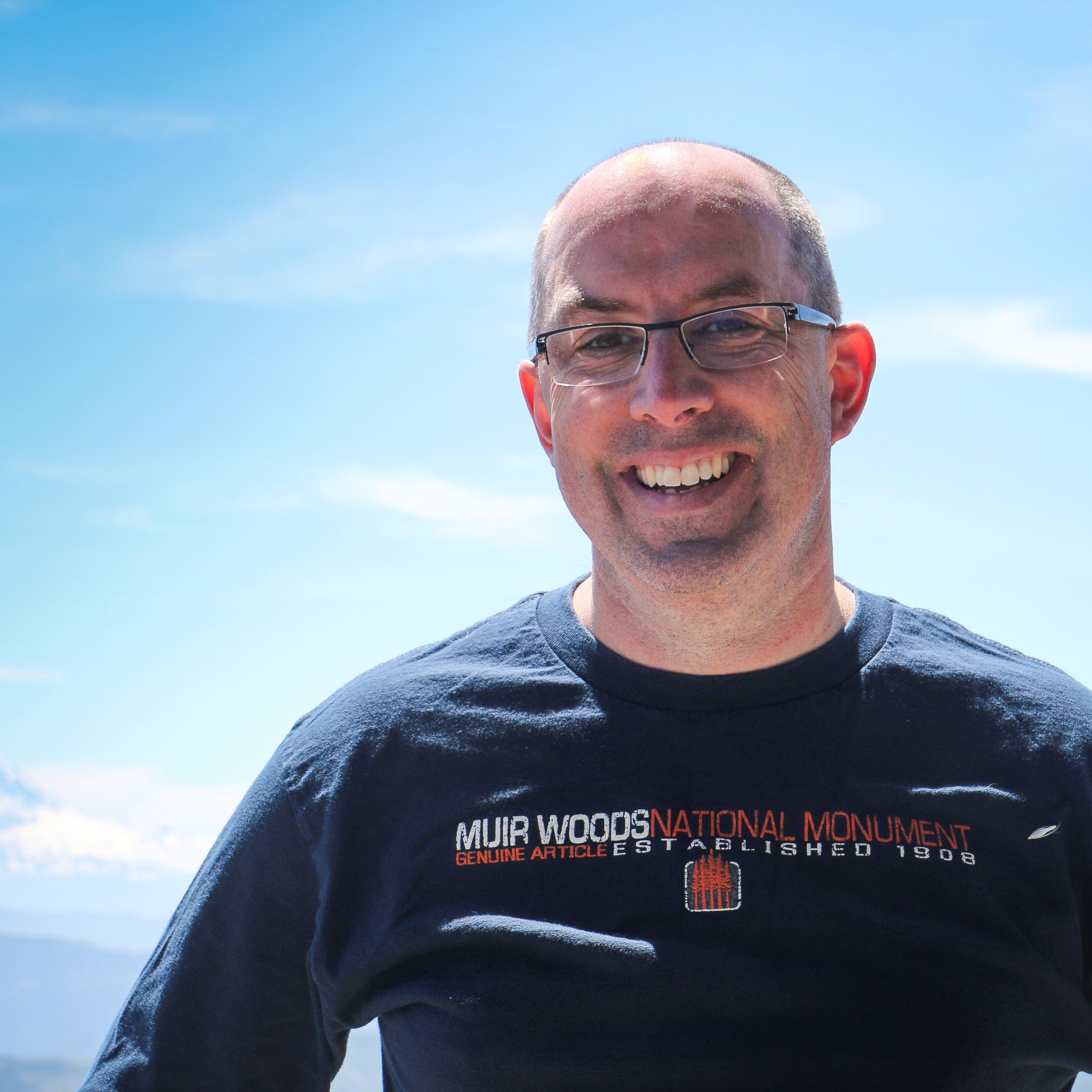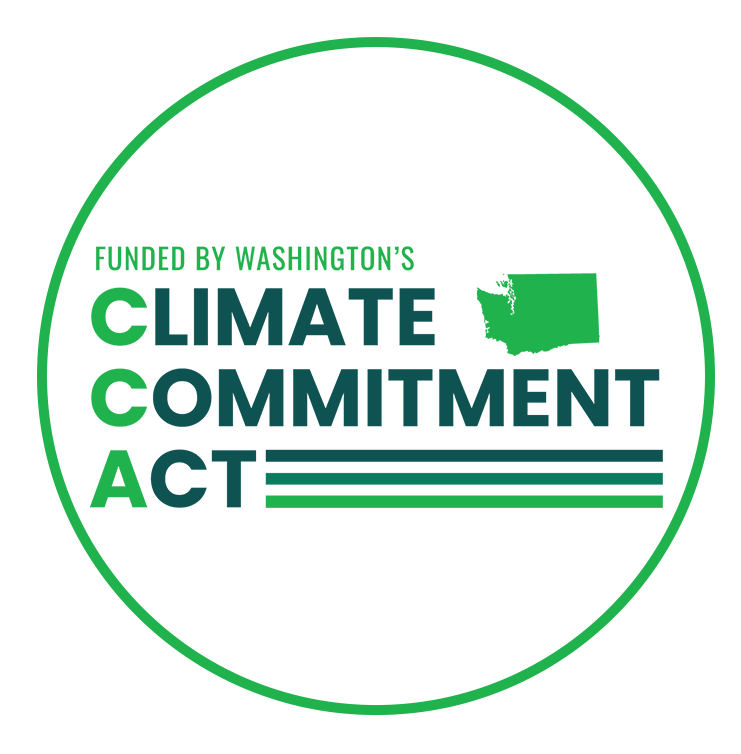PSP Chair Should Reflect on Record Before Demanding More Money
After eight years as Chair of the Puget Sound Partnership (PSP), Martha Kongsgaard wrote in the Seattle Times last week that we must “Take Action Now for a Healthy Puget Sound.” Problematically for Kongsgaard, we were supposed to have been acting for the last eight years, but according to the Partnership’s own report, we are behind schedule in most targets.
Her editorial argues climate change will increase pressure on Puget Sound, making it more important to address pollution and habitat concerns. For example, Kongsgaard writes that warming weather “threatens our shellfish fisheries with toxic algal blooms.” Since 2009, however, we have made no progress in this area, no matter whether the weather was warm or cold.
According to the Partnership’s recent State of the Sound report, the acres of harvestable shellfish beds through May of 2015 are virtually identical to those available in 2009 and we are not on track to meet the 2020 goal of increasing harvestable shellfish beds by 10,800 acres. Governor Inslee’s Results Washington, shows the same failure. According to the Governor’s numbers, Washington state has improved the status of 3,813 acres since 2007, less than half the target for the end of 2015 of 8,614 acres.
After eight years under Kongsgaard's leadership, the Puget Sound Partnership is behind or actually losing ground on most environmental targets, including acres of shellfish beds and freshwater quality.
Kongsgaard also worries that poor water quality will harm salmon runs. Again, the record during her time at the Puget Sound Partnership has been poor in this area.
The Partnership’s State of the Sound finds that Marine Water Quality is “getting worse,” and that Freshwater Quality is “not changing,” even admitting “the water quality for rivers and streams throughout Puget Sound has essentially remained unchanged for at least the past 10 years.”
Again, Results Washington shows the same failure. Only 32 percent of rivers meet “good water quality standards,” and the state is not on track to meet the goal of 55 percent by 2020.
Whatever impact climate change may have, we have lost time and are already behind.
Despite those failures, Kongsgaard claims “where we focus our investments, we see improvements in habitat and water quality measures.” This claim despite the fact that water quality is not improving and shellfish habitat is not improving.
Failure to prioritize investments has long been a problem for PSP. For example, the Partnership set a 2020 target of inspecting 95 percent of septic tanks, and an interim 2014 target of 60 percent. We are well below that target, inspecting just 42 percent of septic tanks. Inspecting septic tanks is not complicated, it is simply a matter of prioritization. We have highlighted this issue many times in the past.
I will agree that the health of Puget Sound deserves our attention, but the person who has enjoyed the job of working on that issue for the past eight years should be examining why her agency has failed before demanding more from others.





